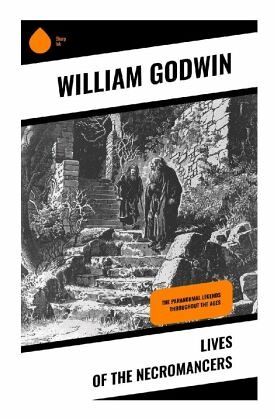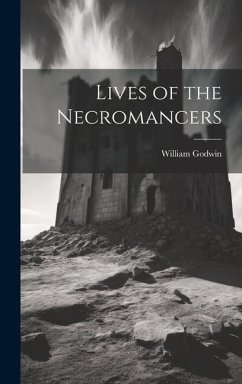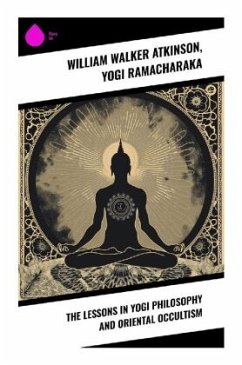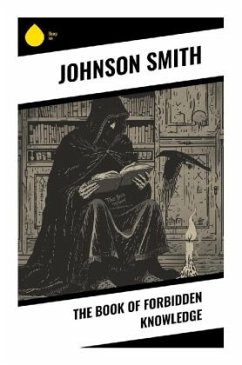
Lives of the Necromancers
The Paranormal Legends Throughout the Ages
Versandkostenfrei!
Versandfertig in 6-10 Tagen
15,10 €
inkl. MwSt.

PAYBACK Punkte
0 °P sammeln!
In "Lives of the Necromancers," William Godwin embarks on an audacious exploration of the intersection between science, magic, and morality, weaving a narrative that unravels the lives of historical figures who claimed supernatural powers. Employing an analytical literary style marked by reasoned inquiry, Godwin deftly navigates the boundaries of Empiricism and the Romantic imagination, challenging societal norms and revealing the human desire for control over fate. His meticulous research into the biographical details of these enigmatic figures positions the work both as a critical reflection...
In "Lives of the Necromancers," William Godwin embarks on an audacious exploration of the intersection between science, magic, and morality, weaving a narrative that unravels the lives of historical figures who claimed supernatural powers. Employing an analytical literary style marked by reasoned inquiry, Godwin deftly navigates the boundaries of Empiricism and the Romantic imagination, challenging societal norms and revealing the human desire for control over fate. His meticulous research into the biographical details of these enigmatic figures positions the work both as a critical reflection on the dawn of the Enlightenment and a prelude to the fascination with the occult that pervades much of 19th-century thought. Godwin, a prominent philosopher and novelist, was deeply influenced by the tumultuous political landscape of the late 18th century, leading him to question traditional authority structures and elevate individual rights. His philosophical commitments to rationalism and skepticism towards patriarchal narratives not only shape this text but also reflect his wider concerns regarding the limitations of contemporary understanding and the potential for human agency in the face of the unknown. The complex interplay of Enlightenment ideals and burgeoning Romanticism provides a backdrop for Godwin's reflections. "Lives of the Necromancers" is not merely a historical account; it is a profound meditation on the nature of knowledge, power, and human aspiration. Readers interested in the blurred lines between science and mysticism, as well as those captivated by the intellectual currents of the 18th and 19th centuries, will find Godwin's work both enlightening and thought-provoking.












